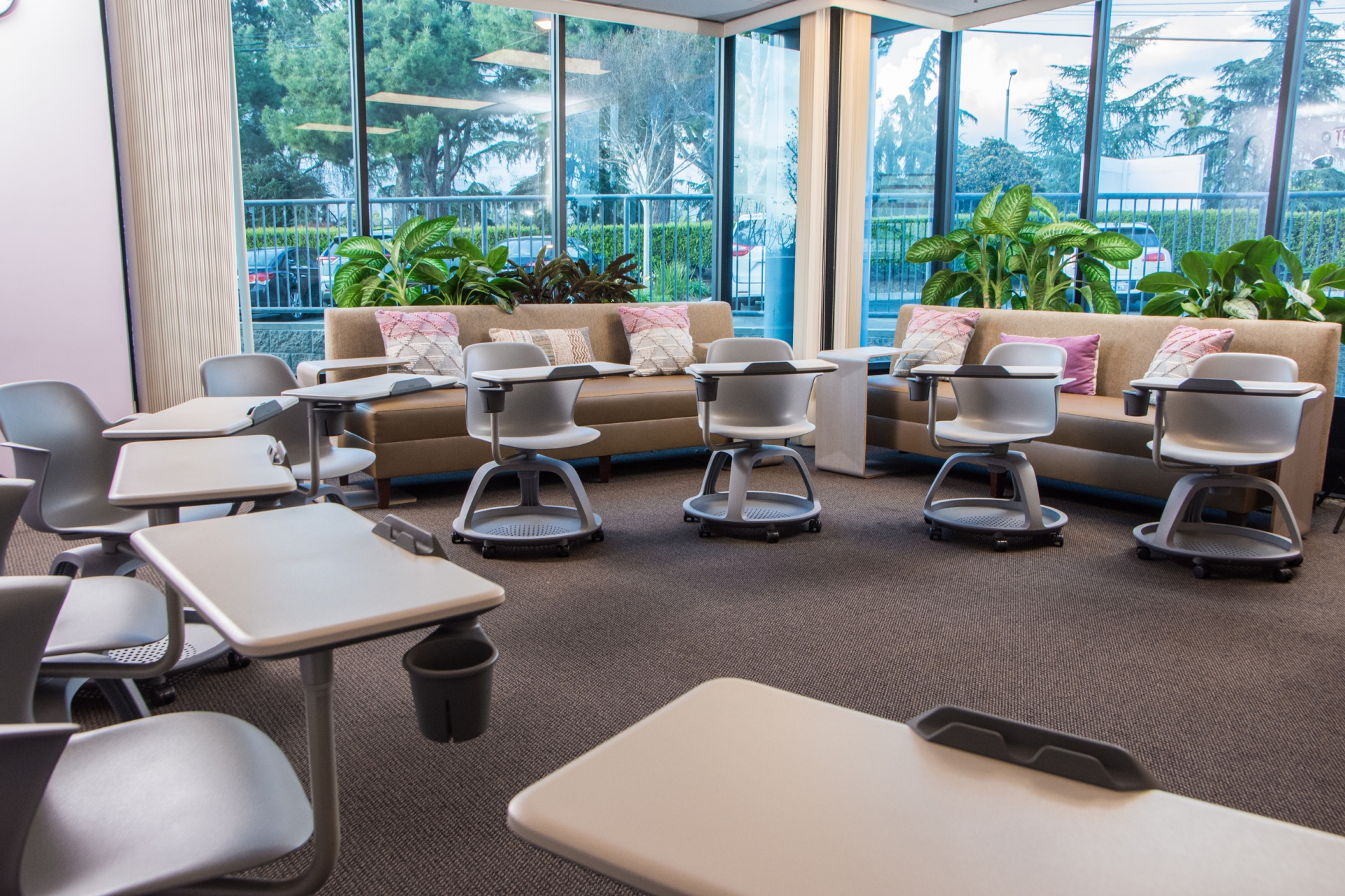WELCOME TO THE COLLABORATIVE
The LaFetra College of Education Collaborative is our hub for innovation and leadership in education. Here, visionary educators and changemakers come together to co-create the future of learning! The Collaborative is where ideas spark action, partnerships thrive, and transformative practices take root. Join us for Partnerships & Possibilities!
Through technology, flexible workspaces, and immersive learning environments, the Collaborative hosts a wide range of activities including:
- Leadership summits and forums
- Professional development workshops and certificate programs
- Technology-integrated teaching and learning demonstrations
- Think tanks and innovation labs
- Collaborative research and grant initiatives
- Public lectures and community outreach events

